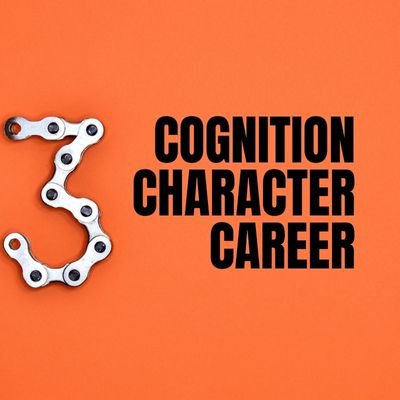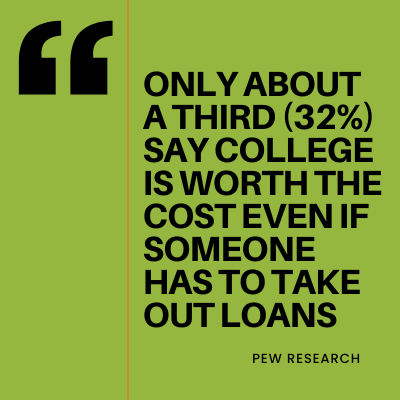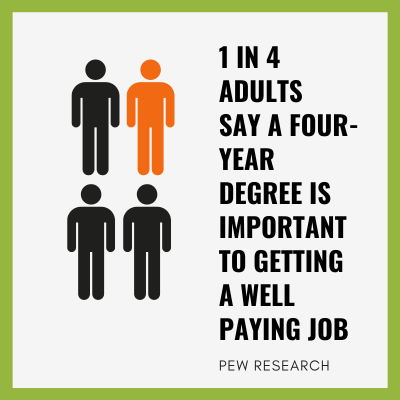By Vijayakumari Seevaratnam, Russell Manfield and Published by TimesHigherEducation.com
Changing skill demands require a lifelong approach to education that prioritises self-efficacy, critical thinking and a growth mindset. Here is how these elements can fit together in learning and career preparation.
The 21st-century environment is volatile, uncertain, complex and ambiguous (VUCA) due to rapid digitalisation and disruptions such as the pandemic and climate change. In these precarious circumstances, higher education needs to hasten transformation, from the traditional strategy of preparing graduates with the latest technical knowledge and skills for specific jobs to focus more on inculcating character dispositions and transferable skills to empower learners to create their own career paths through life.
The 2023 World Economic Forum’s The Future of Jobs report estimates a net decrease of 14 million jobs (or 2 per cent of current employment) over the next five years. The rapid development of digital technology – in particular, automation and artificial intelligence (AI) – is expected to cause many lower-cognitive jobs to become obsolete, while creating jobs requiring higher cognition. Skills being prioritised by employers include creative and analytical thinking, complex problem-solving or decision-making, communication and collaboration, technological literacy and quality control. Equally in demand are dispositions such as self-efficacy, resilience, agility, adaptability, initiative and empathy.
- Why we need a new model for professional development credentials
- Bring your learners to life through personas
- How we can use AI to power career-driven lifelong learning
These evolving job expectations necessitate lifelong learning and continuous workforce development. The OECD Skills Outlook 2021: Learning for Life report mentions that lifelong learning “does not involve clear learning paths leading to a well-defined destination. It is a process that guides and helps individuals navigate a reality in which the goal is continually redefined because of a changing world.” Consequently, in the past decade, higher education has been challenged with delivering high-impact, lasting learning to both school-leavers and working adults, contributing to the economy and society.
Read the full article here.


